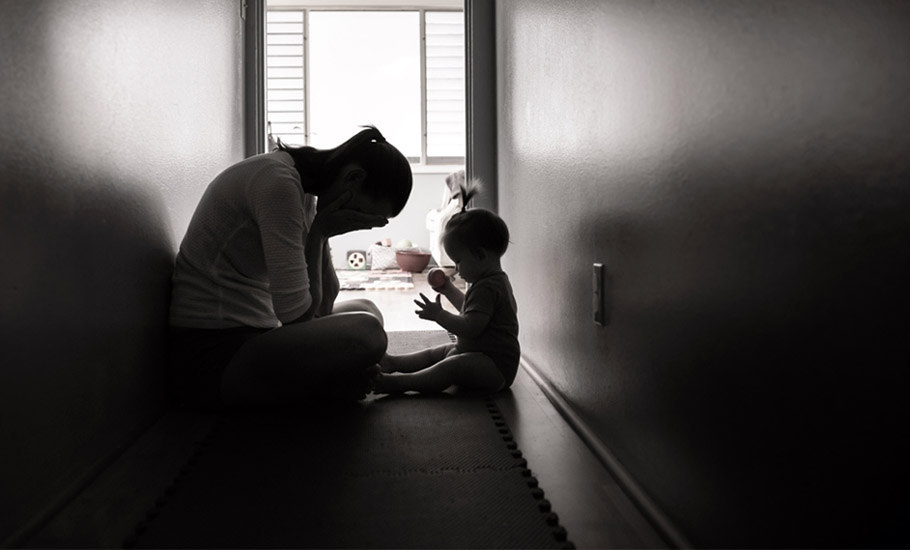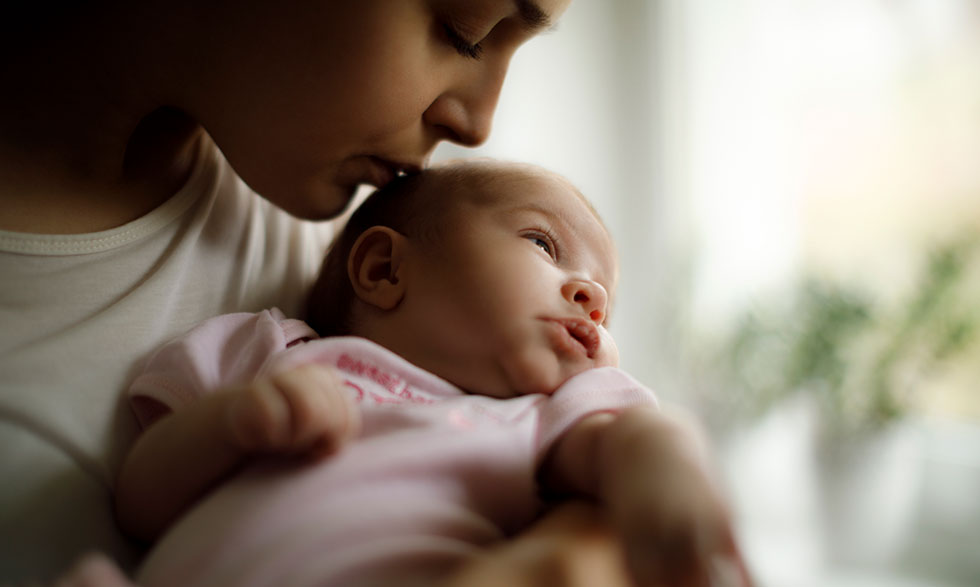
- Home
- India
- World
- Premium
- THE FEDERAL SPECIAL
- Analysis
- States
- Perspective
- Videos
- Sports
- Education
- Entertainment
- Elections
- Features
- Health
- Business
- Series
- In memoriam: Sheikh Mujibur Rahman
- Bishnoi's Men
- NEET TANGLE
- Economy Series
- Earth Day
- Kashmir’s Frozen Turbulence
- India@75
- The legend of Ramjanmabhoomi
- Liberalisation@30
- How to tame a dragon
- Celebrating biodiversity
- Farm Matters
- 50 days of solitude
- Bringing Migrants Home
- Budget 2020
- Jharkhand Votes
- The Federal Investigates
- The Federal Impact
- Vanishing Sand
- Gandhi @ 150
- Andhra Today
- Field report
- Operation Gulmarg
- Pandemic @1 Mn in India
- The Federal Year-End
- The Zero Year
- Science
- Brand studio
- Newsletter
- Elections 2024
- Events
- Home
- IndiaIndia
- World
- Analysis
- StatesStates
- PerspectivePerspective
- VideosVideos
- Sports
- Education
- Entertainment
- ElectionsElections
- Features
- Health
- BusinessBusiness
- Premium
- Loading...
Premium - Events

Baby blues: Why Indians need to be more sensitive to new moms
Postpartum depression (PPD) is referred to as a a major depressive disorder having its onset in the first four weeks of after a baby's birth.

A few days back, 26-year-old Shahina, a native of Badiyadukka in Kasargod district in Kerala, killed her newborn by strangulating the baby with an earphone cable. According to the police, she was “disappointed to have a baby soon after the first delivery”. Her first son was born only a few months back. Her husband had no idea that she had been carrying. According to the police, he came...
A few days back, 26-year-old Shahina, a native of Badiyadukka in Kasargod district in Kerala, killed her newborn by strangulating the baby with an earphone cable.
According to the police, she was “disappointed to have a baby soon after the first delivery”. Her first son was born only a few months back.
Her husband had no idea that she had been carrying. According to the police, he came to know about it only after the baby was murdered. Shahina was charged with murder and has been sent to jail.
On April 28, 2019, 15-month-old Adhisha, the only child of Athira and Sharon in Alappuzha, was found dead in the bedroom. According to the police, Athira sought the help of neighbours to take the baby to the hospital as she was found lying unconscious.
Doctors declared the baby dead on arrival. It was found that the baby died due to asphyxiation. On further investigation, Athira allegedly confessed that she killed the baby because she was so irritated by her constant cries.
On October 12, 2019, a 30-year-old mother in Thenjippalam in Malappuram district was found lying in a pool of blood. Her three-month old baby was found dead. According to the police, the woman tried to kill herself by cutting her vein after strangulating the baby to death.
In all the above cases, the women are charged under section 302 of IPC, homicide, which would attract either life imprisonment or death penalty.
The investigating officers whom The Federal contacted to find out if any of the accused women had a history of psychological problems had the same thing to say. “There was no such history. They killed, that’s all. We submitted the charge for murder,” they said.
Some cops add that when further questioned on the motive, some mothers confessed to committing the crime to ‘lead an easy life’.
Birth of depression
There is a stage called postpartum depression. A majority of police officers that The Federal talked to have not even heard of this. Those who have some idea of postpartum depression, are helplessly bound by the legality of an offence.
According to a couple of recent studies, approximately 29% of women in Kerala suffer from postpartum depression and an 18% have suicidal tendencies.
A recent research conducted collectively by a few doctors of the Calicut and Manjeri Medical Colleges demands a closer look at the issue which has not yet caught the popular imagination of the public.
Often, mood swings and signs of depression are ignored and underestimated by members of the family.
- Mood swings, restlessness
- Difficulty bonding with baby
- Fear, anxiety that you are not a good mother
- Feeling of worthlessness, guilt, inadequacy
- Withdrawal from family, friends
- Loss of appetite; inability to sleep
- Unable to think clearly, concentrate or make decisions
- Thoughts of harming baby, death
“When a woman refuses to feed the baby or expresses reluctance to take care, it is interpreted as arrogance or tantrum for which she is blamed,” says Dr Heera Shenoy, department of obstetrics and gynaecology, KMCT Medical College and Hospital, Kozhikode.
According to a study by Dr Santhosh Kuriakose, Dr Dayal Narayan, Dr Vinayachandran and Dr Mini CH, published in the Kerala Journal of Psychiatry, the factors associated with the presence of PPD include alcohol use by husband, marital discord, lack of family support and lack of physical help during the postnatal period.
Postpartum depression (PPD) is referred to as a clinical condition fulfilling the diagnostic criteria for a major depressive disorder and having its onset in the first four weeks of the postpartum period.
Although for definition only the first four weeks are counted, the initial three months of the postpartum period have been identified to be carrying a high risk for new-onset depressive disorder. Not less than 60% of these patients have an onset of symptoms within the first six weeks.
According to WHO, postpartum psychiatric disorders are categorised into three sections—Postpartum blues, postpartum depression and postpartum psychosis.
Postpartum blues are rather highly prevalent among 300-750 per 1000 mothers whereas postpartum depression is prevalent among 100-150 of 1000 mothers. Postpartum psychosis is the severest of all, which is not that common having prevalence rate ranging from 0.89-2.6 per 1000.
Previous studies suggest that the prevalence of PPD in India ranges from 19% to 23%. According to WHO, maternal mental health has not yet been recognised as a major factor related to maternal health. WHO has observed that “there is currently no screening tool designated for use in clinical practice and no data are routinely collected on the proportion of perinatal women with postpartum depression”.
Despite having impressive scores for maternal and infant health care, Kerala seems to be a society largely unaware of the psychological issues being faced by women in antenatal and postnatal phases.
A visibly increasing number of maternal suicides raises the red flag against the state’s acclaimed maternal healthcare system. According to the health department data, 12 out of 74 maternal deaths from April to September 2019 were suicides. In 2018 also, there were 13 cases of maternal suicides.

The government has launched a programme named ‘Amma manassu’ (A mother’s heart) for improving the mental health of the mothers during pregnancy and post-delivery. However, the programme which is still in the infant stage seems to have taken a conservative approach.
“We have given training to healthcare workers in the primary sector as ASHAs and Health Inspectors for identifying mental distress in the antenatal and postnatal period,” says Dr Kiran, nodal officer of the programme.
Experts feel that entrusting this responsibility with the primary healthcare workers would not be sufficient to address the problem. In the current practice, a pregnant woman meets a gynaecologist at regular intervals, but she never meets a psychiatrist.
“A comprehensive approach is required. There are even gynaecologists who are not much aware of the symptoms and manifestations of postpartum depression,” says Dr Santhosh Kuriakose of the department of obstetrics and gynaecology at the Medical College, Kozhikode.
According to him, a medical protocol having a combined intervention of various departments including psychiatry for antenatal and postnatal care, needs to be established and popularised.
“It is all about increasing one’s level of sensitivity towards women,” says Dr Dayal Narayan, department of psychiatry at Medical College, Manjeri in Malappuram.
Care and family support and sharing of responsibilities would help women overcome the mental stress associated with pregnancy and delivery. According to Dr Dayal, women need support to deal with the physical and mental changes due to pregnancy.
Unfortunately, cultural practices built on patriarchal values often go against mothers and their needs and problems are largely ignored.
“Often the problems expressed by new mothers are considered silly. There is a tendency to ignore the red flags with the usual judgements as ‘This is natural about women, we all have gone through it, and this is all part of life’ etc.,” says Dr Dayal.

However, constant mood swings, unusual levels of anger, grief, reluctance to care for the baby, etc. are signs that should not be ignored.
“Too much anxiety over the safety of the child, lack of confidence to discharge the role of a mother etc. also could be manifestations of postpartum depression if we have to list out the symptoms,” says Dr Dayal.
He adds that sleep deficiency may trigger and escalate the problem. “Unfortunately, in our cultural practices, a new mother not sleeping overnight and taking care of the baby is considered a very natural thing. The family members should share this responsibility and provide the mother sufficient sleep and rest. This is a matter of right, not benevolence,” says Dr Dayal.
One police officer involved in Shahina’s case says he feels that she may be suffering from depression.
“At times, she even seems to forget that she had delivered a baby. At times, she recollects and confesses that she had killed the baby,” says the police officer at Badiyadukka.
However, he says that what he feels would be considered subjective as the law deals with such crimes in a straightforward manner and he has limited options, and he has to charge her for homicide.
All these women who killed their newborns have been booked under the same charges. In all the cases, a section of the media portrayed them as cruel mothers driven by bloodlust.
In most of the tragic incidents that happened over 10 years in Kerala, the possibility of postpartum depression was not considered as a mitigating factor.
Psychological disorders associated with pregnancy and delivery are yet to be a part of the legal discourse in cases of mothers killing newborns or themselves.
